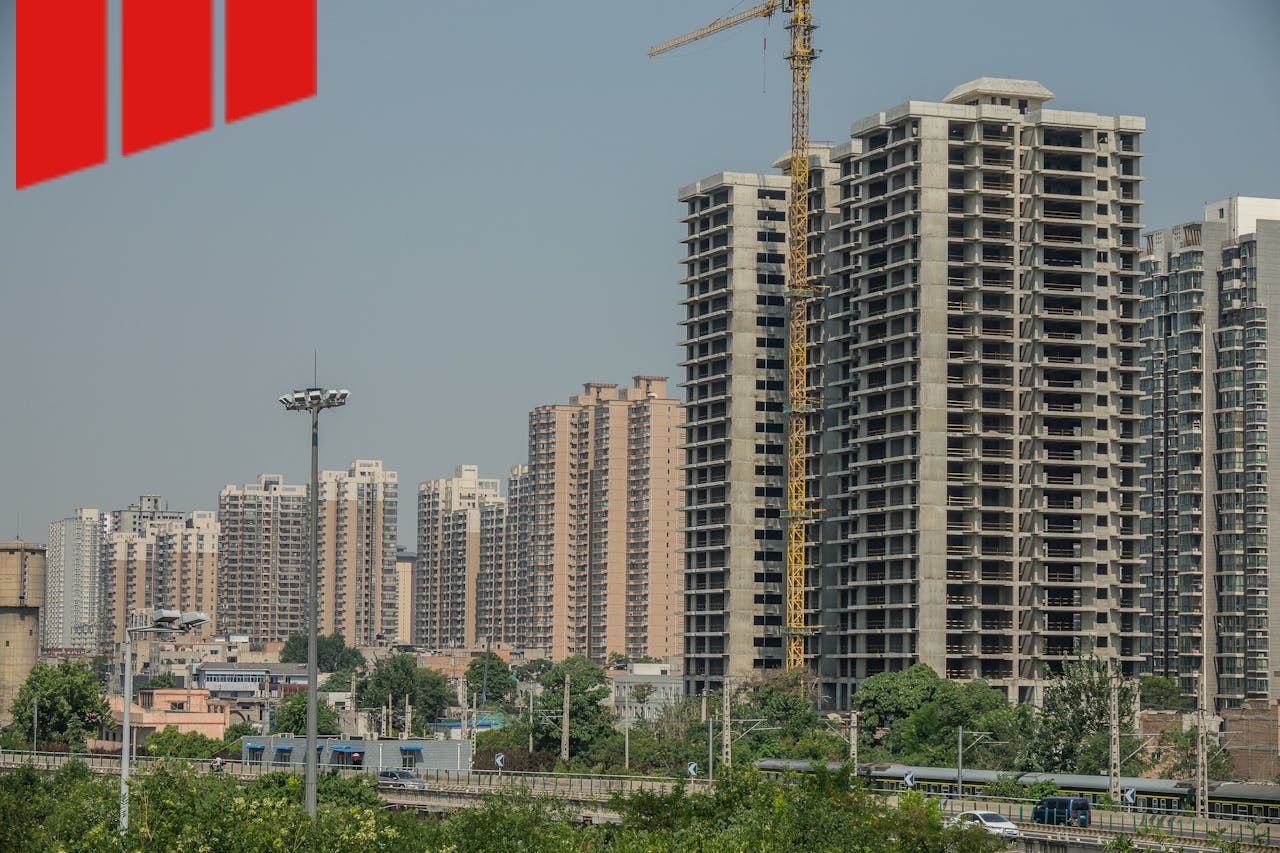- À Propos De Nous
- Services & Secteurs
- Projets
- Nos Employés
- Perspectives
- Carrières
- Académie DGJ
In construction projects, conflict avoidance strategies are essential for maintaining progress, minimising delays, and protecting valuable relationships.

In construction projects, conflict avoidance strategies are essential for maintaining progress, minimising delays, and protecting stakeholder relationships. These strategies serve as proactive measures to reduce the risk of disputes, allowing teams to focus on successful project delivery. From pre-contract planning to day-to-day execution, integrating conflict avoidance into every phase of the project lifecycle ensures better outcomes.
Before implementing conflict avoidance strategies, it is important to understand why construction conflicts arise. Common causes include poorly defined scopes, ambiguous contract terms, late payments, or uncoordinated design changes. Miscommunication and differing stakeholder expectations can also escalate tensions quickly. Identifying these issues early and addressing them head-on lays the groundwork for an effective conflict prevention framework.
One of the most effective conflict avoidance strategies is developing well-structured contracts. Contracts should clearly define responsibilities, timelines, payment schedules, and dispute resolution procedures. By addressing potential friction points in writing, parties reduce the likelihood of misunderstandings or disputes later in the project.
Consistent communication fosters collaboration and prevents conflict from festering. Weekly site meetings, progress updates, and transparent reporting ensure everyone stays aligned. Early engagement between contractors, consultants, and clients builds trust and helps resolve issues before they escalate. Clear communication should be embedded in the project culture from day one.
Another cornerstone of conflict avoidance strategies is risk management. Early identification and fair allocation of risks among the parties reduces surprises later. Assigning risks to the party best equipped to manage them fosters accountability and prevents disputes stemming from unrealistic expectations. Risk registers and scenario planning are effective tools in this process.
Independent reviews of designs, schedules, and cost plans can help identify inconsistencies that could otherwise lead to conflict. By inviting third-party perspectives during the planning stage, project teams can detect and address discrepancies early. These checks create an additional layer of assurance, especially in complex or high-value projects.
Conflict avoidance strategies are more effective when embedded in a collaborative project culture. Leadership should actively promote transparency, mutual respect, and shared goals. Dispute review boards, early warning systems, and facilitated workshops are also helpful tools to encourage collaboration and proactive problem-solving.
Training is another essential element. Equipping teams with soft skills in negotiation, listening, and conflict resolution supports smoother communication and faster resolution of potential tensions. When teams feel empowered and respected, they are more likely to solve problems constructively.
In a high-stakes environment like construction, the cost of conflict can be immense. Delays, legal fees, damaged reputations, and broken relationships are just some of the consequences. That is why implementing robust conflict avoidance strategies is not just advisable—it’s essential.
By investing in early planning, effective communication, and continuous oversight, construction teams can transform potential disputes into collaborative solutions. At DG Jones & Partners, we integrate conflict avoidance strategies across the entire project lifecycle. With decades of experience in managing high-profile and technically complex projects, we understand the critical role that proactive planning plays in avoiding disputes.
Our team develops tailored strategies that include early risk assessments, thorough contract reviews, stakeholder alignment workshops, and monitoring protocols. We also offer independent peer reviews and project audits, helping clients uncover issues before they escalate.
Ready to learn how you can take your project to the next level? Speak to an expert in your region today!